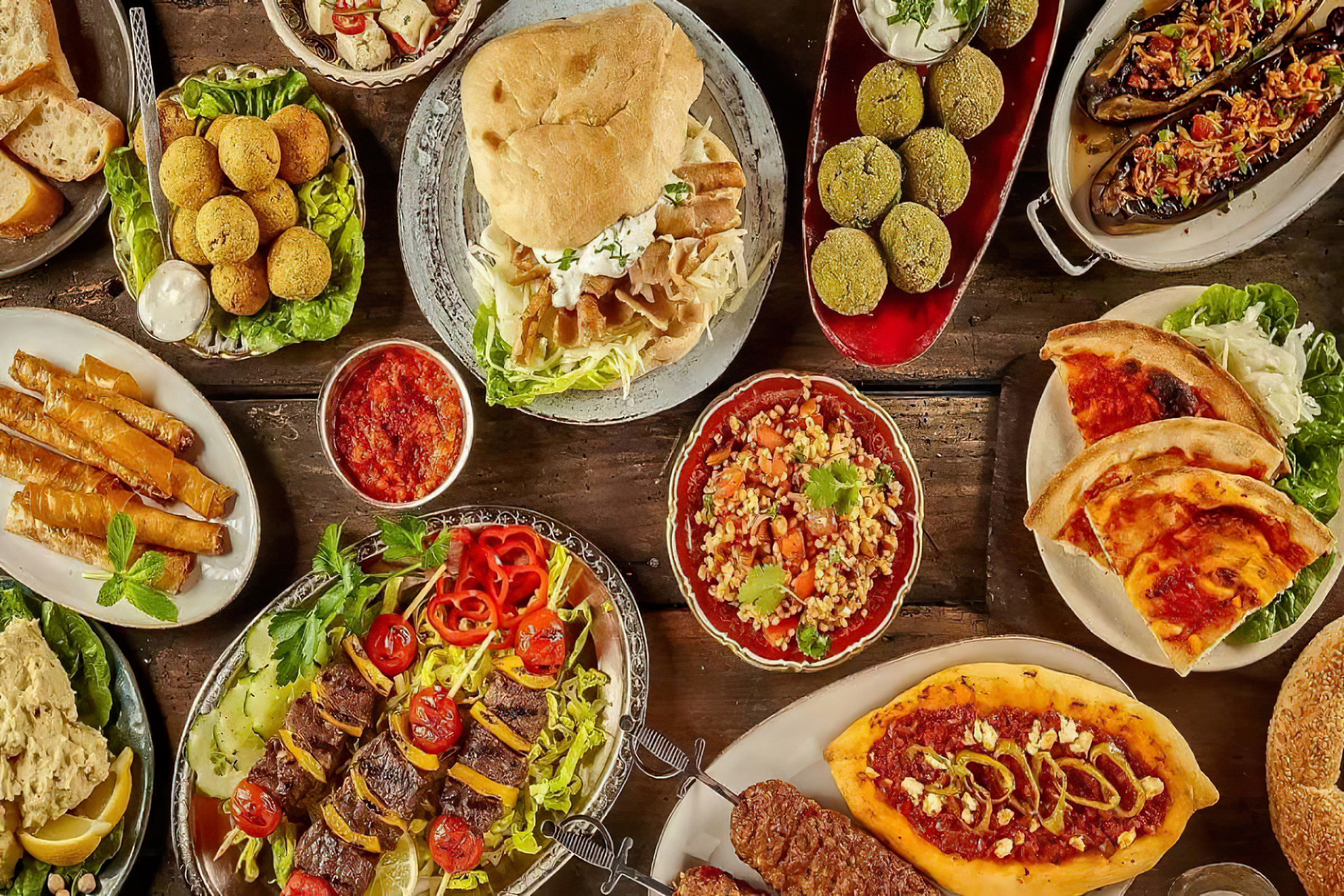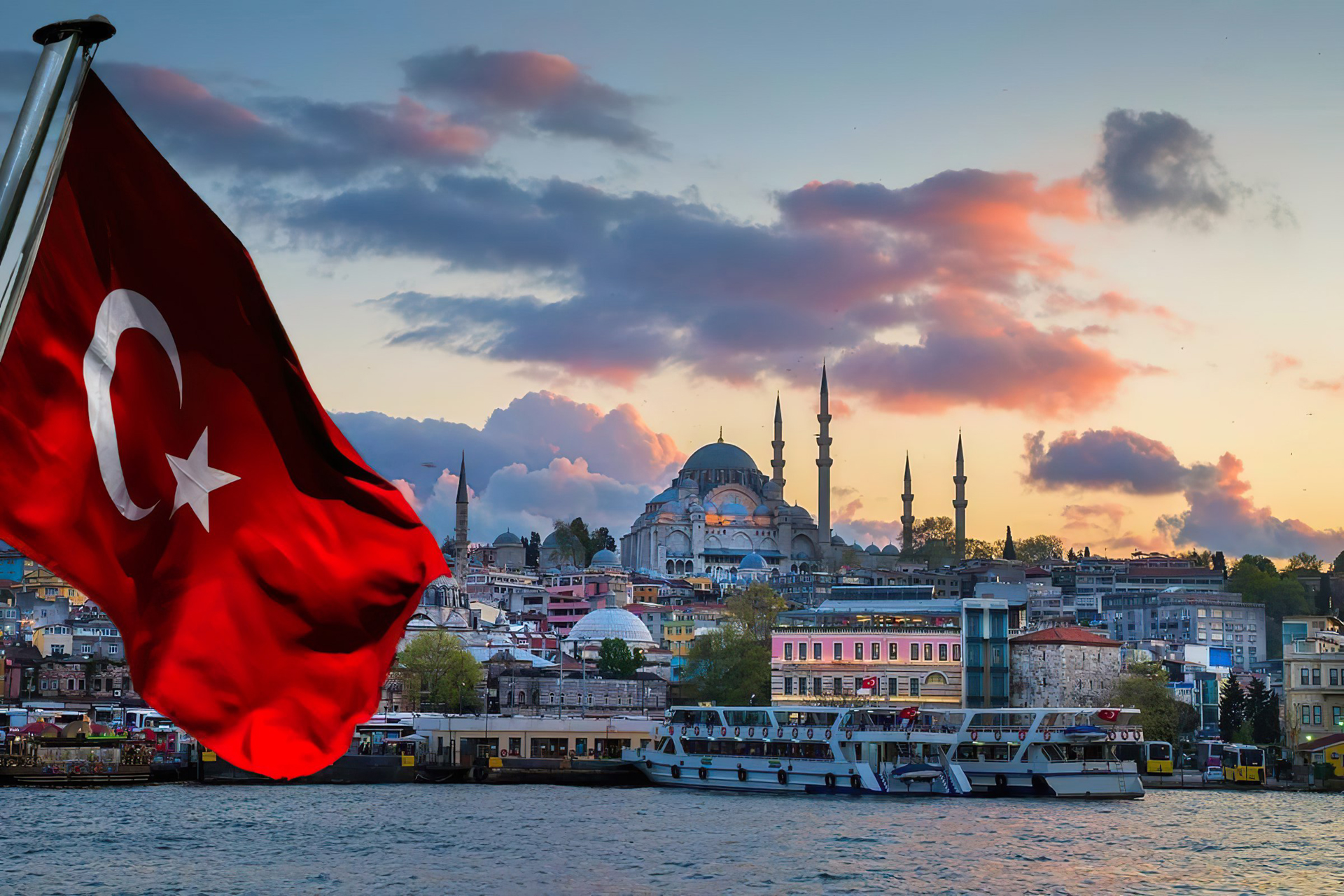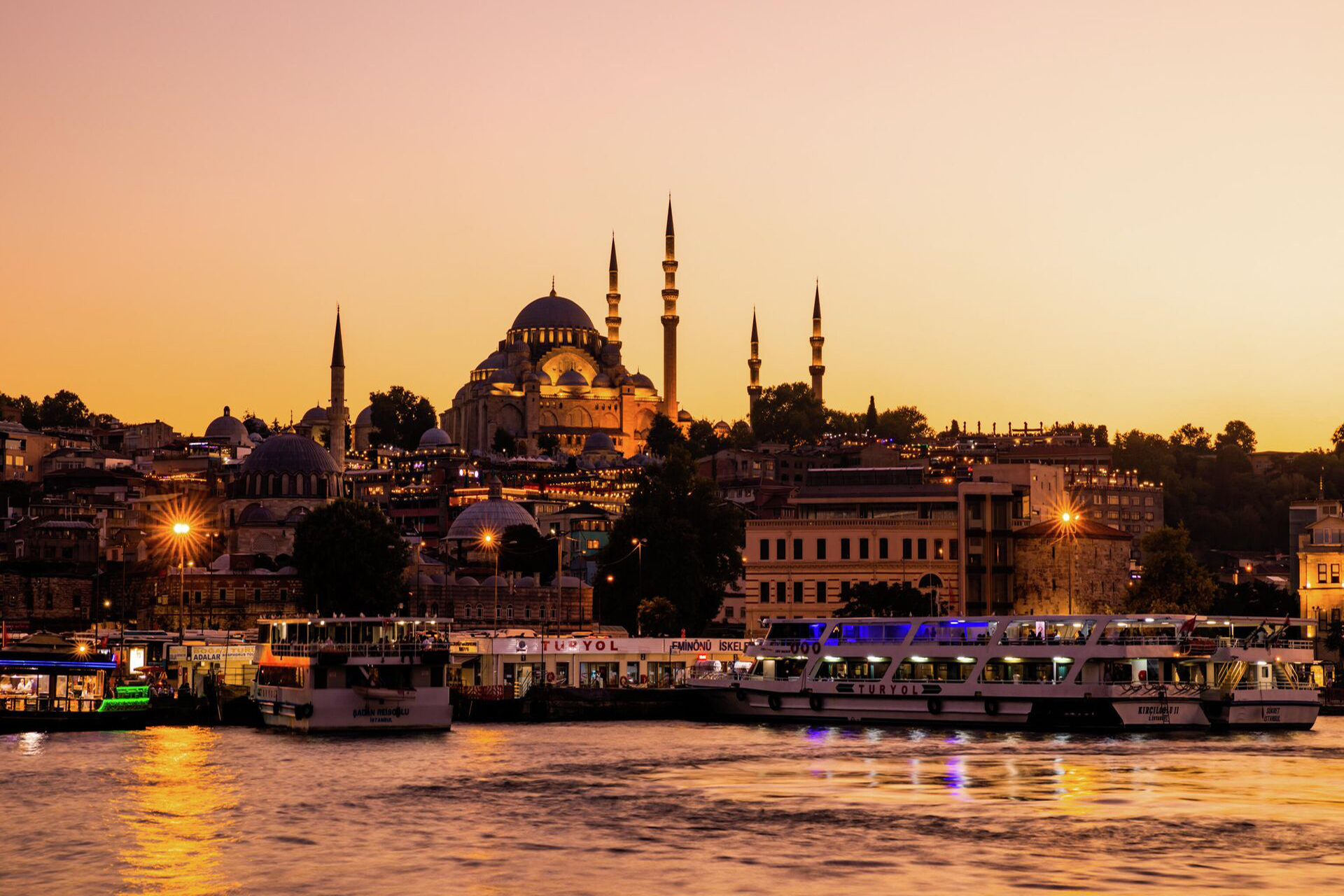Introduction
Turkey is one of the most attractive and popular countries for migration and living. But is living in this country truly suitable for you? In this article, we will examine the advantages and disadvantages of living in Turkey to help you make a better decision.
Advantages of Living in Turkey
Affordable Cost of Living
One of the biggest advantages of living in Turkey is the low cost of living compared to many European and American countries. Would you like to live in a stylish apartment in the heart of Istanbul for less than the rent of a small apartment in London or New York? From housing to food and transportation, daily expenses in Turkey are significantly lower. This means you can experience a more luxurious lifestyle in Turkey with the same budget you have in your home country.
Diverse and Delicious Cuisine
 Turkey is famous for its diverse and delicious foods. Have you ever enjoyed the taste of a delicious döner kebab or sweet baklava in a cozy café in Istanbul? Turkish cuisine offers a unique experience of flavors and tastes. You can try different Turkish dishes every day and enjoy new and diverse flavors. Some famous Turkish foods include:
Turkey is famous for its diverse and delicious foods. Have you ever enjoyed the taste of a delicious döner kebab or sweet baklava in a cozy café in Istanbul? Turkish cuisine offers a unique experience of flavors and tastes. You can try different Turkish dishes every day and enjoy new and diverse flavors. Some famous Turkish foods include:
- Kebab:
- Enjoy various types of Turkish kebabs like döner kebab, şiş kebab, and Adana kebab.
- Baklava:
- This sweet and delicious dessert comprises phyllo dough layers and crushed nuts.
- Pide:
- A type of Turkish pizza made with meat, vegetables, and cheese.
- Köfte:
- Minced and spiced meat shaped into small balls.
- Lahmacun:
- A thin and round flatbread topped with minced meat and vegetables.
- Manti:
- A type of Turkish pasta filled with meat and served with yogurt and butter sauce.
- Börek:
- Thin, flaky pastry filled with meat, cheese, or vegetables.
- Dolma:
- Grape leaves or vegetables like peppers and eggplants stuffed with rice and meat.
- Turkish tea and coffee:
- Famous Turkish beverages offer a unique flavor and aroma experience.
Favorable Climate
Turkey boasts a diverse and often mild climate, making it attractive for migrants. In summer, you can enjoy the sandy beaches and warm Mediterranean waters in Antalya, where maximum temperatures can reach 40 degrees Celsius. Additionally, in winter, you can travel to the snowy mountains of Uludağ for winter sports and skiing, where the coldest temperatures can drop to minus 30 degrees Celsius. This climate diversity allows you to continuously engage in various exciting activities throughout the year and enjoy a lively life.
Rich Culture and History
 Turkey is a unique place for history and culture enthusiasts with its millennia-old history and rich culture. Would you like to visit Hagia Sophia one day and shop in the Grand Bazaar of Istanbul the next? From exploring ancient ruins to participating in local festivals, there is always something new to discover and experience in Turkey. As a bridge between Asia and Europe, this country hosts diverse cultural influences, making life in it more attractive for migrants. To fully understand Turkey’s history and culture, you can refer to the article “Travel to Turkey: A Complete Guide to Discovering the Beauty of This Country.”
Turkey is a unique place for history and culture enthusiasts with its millennia-old history and rich culture. Would you like to visit Hagia Sophia one day and shop in the Grand Bazaar of Istanbul the next? From exploring ancient ruins to participating in local festivals, there is always something new to discover and experience in Turkey. As a bridge between Asia and Europe, this country hosts diverse cultural influences, making life in it more attractive for migrants. To fully understand Turkey’s history and culture, you can refer to the article “Travel to Turkey: A Complete Guide to Discovering the Beauty of This Country.”
Strategic Geographic Location
Turkey sits at the crossroads of Asia and Europe, serving as a bridge between the two continents. This unique geographic position makes Turkey an important commercial and economic hub. Migrants coming to Turkey can benefit from this location and easily access global markets. Are you looking to expand your business and reach new markets? With its robust transportation infrastructure, international ports, and advanced airports, Turkey allows you to easily export your goods and services to other countries. Additionally, due to its geographic position, Turkey is a crucial point for international transport and trade, offering unique investment opportunities. Take advantage of this opportunity and invest in a rapidly growing country that provides exceptional facilities for your success.
Disadvantages of Living in Turkey
Language Barrier
One of the significant challenges for migrants in Turkey is the Turkish language. Although many people in large cities like Istanbul and Ankara speak English, you may face communication difficulties in rural areas and smaller towns. Learning Turkish is essential for daily interactions and administrative tasks, and it can be time-consuming.
Healthcare System
The healthcare system in Turkey may not always meet the quality and standards of developed countries in some areas. However, larger cities offer better healthcare facilities. Private hospitals and clinics in Turkey provide higher-quality services, but they may also have higher costs.
Bureaucracy
Bureaucracy in Turkey can be complex and time-consuming. From obtaining residency to handling daily tasks, you may encounter complicated administrative processes. For example, registering in schools, obtaining a driver’s license, and handling banking matters can be time-consuming and challenging due to bureaucratic complexities.
Economic Fluctuations
The Turkish economy experiences fluctuations, and the value of the national currency can change significantly. These fluctuations can impact your cost of living and investments. Inflation and currency rate fluctuations can increase living expenses and affect migrants’ financial planning.
Political Issues
 Turkey faces some political and social issues that may affect daily life. From restrictions on freedom of expression to domestic and international political tensions, these issues can be concerning for some individuals. Although Turkey is a relatively stable country, some political events can impact its economic and social status.
Turkey faces some political and social issues that may affect daily life. From restrictions on freedom of expression to domestic and international political tensions, these issues can be concerning for some individuals. Although Turkey is a relatively stable country, some political events can impact its economic and social status.
Conclusion
Living in Turkey comes with specific advantages and disadvantages. Low living costs, rich culture and history, and strategic geographic location are among the significant benefits of living in this country. On the other hand, challenges such as language barriers, bureaucracy, and economic fluctuations also exist. If you seek a new and diverse experience, Turkey can be an attractive option for living.




